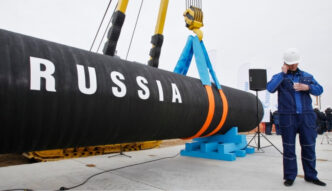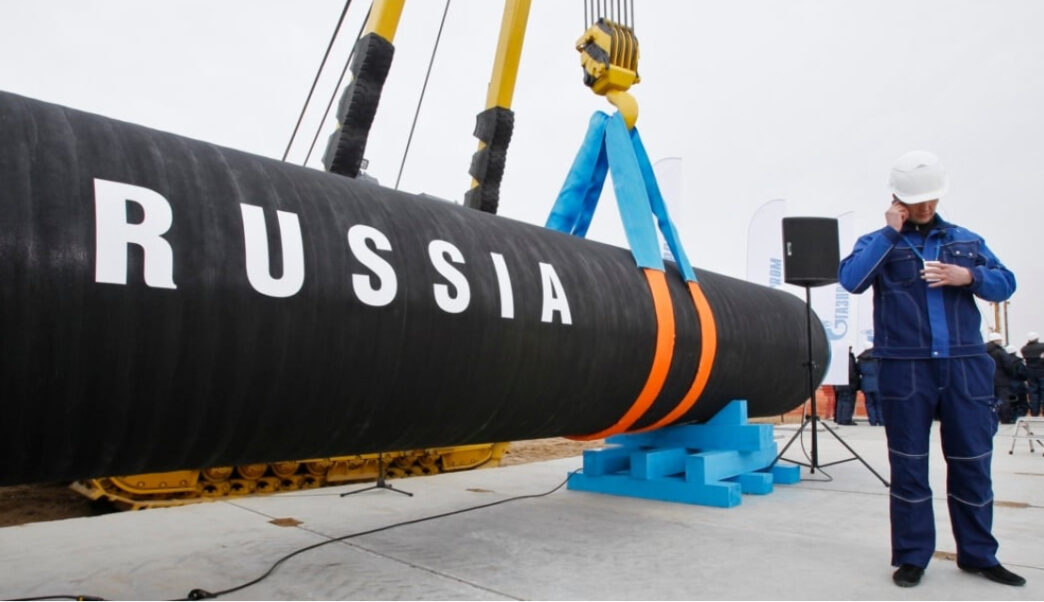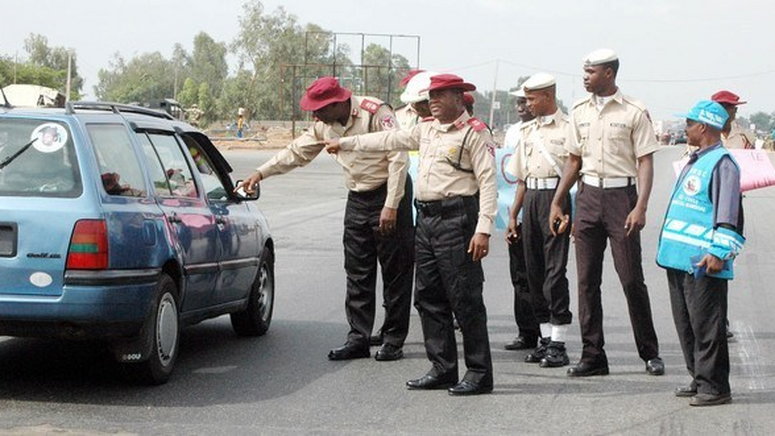Council of the European Union has approved a proposal to phase out all Russian gas imports by 2028, a major milestone in the bloc’s broader effort to cut its energy dependence on Moscow.
Gatekeepers News reports that in a statement issued on Monday, the Council explained that the measure, part of the REPowerEU roadmap, introduces a gradual and legally binding ban covering both pipeline gas and liquefied natural gas (LNG). The full prohibition is set to take effect on January 1, 2028.
According to the framework, imports of Russian gas will stop from January 1, 2026, though certain existing contracts will be allowed a limited transition period. Short-term contracts signed before June 17, 2025 may continue until June 17, 2026, while long-term contracts can remain valid until January 1, 2028.
The Council described the move as a strong message of Europe’s resolve to build an independent and secure energy system after years of instability caused by Russia’s invasion of Ukraine.
Denmark’s Minister for Climate, Energy and Utilities, Lars Aagaard, welcomed the agreement, noting that an energy independent Europe is a stronger and more secure Europe.
He added that despite significant progress in cutting reliance on Russian oil and gas, “we are not there yet,” stressing that the new legislation marks a decisive step toward ending Russian energy imports completely.
Under the proposal, all EU member states must prepare and submit national diversification plans outlining how they intend to source alternative gas supplies and the challenges they may face in doing so.
Countries that can demonstrate they no longer import Russian gas directly or indirectly will be exempt from this obligation. A similar requirement applies to member states still importing Russian oil, with a view to discontinuing those imports by January 1, 2028.
The new regulation also strengthens coordination and transparency across the bloc by expanding data-sharing between national authorities, the EU Agency for Cooperation of Energy Regulators (ACER), and European Commission.
Additionally, the Council introduced a review clause, requiring the European Commission to evaluate the regulation’s implementation within two years of it taking effect. A temporary suspension mechanism was also included, allowing for limited relaxation of the ban in case of severe energy supply disruptions.
The Council presidency is now set to begin negotiations with the European Parliament to finalise the legislation once Parliament adopts its official stance.










